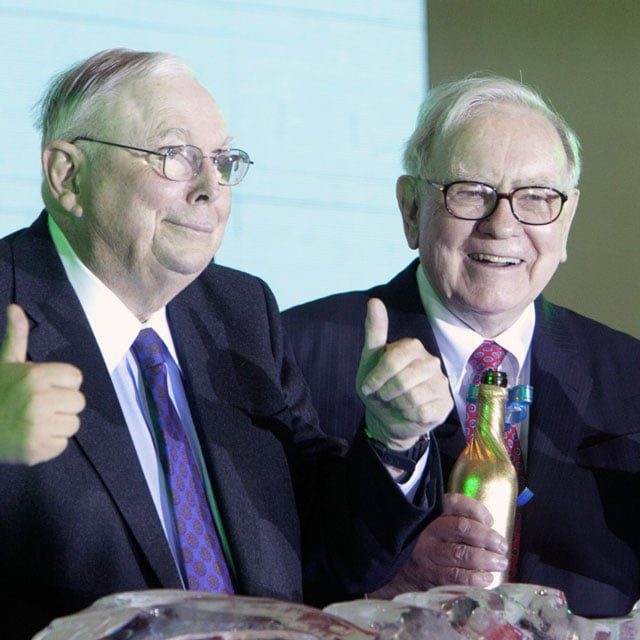Munger's Top One-Liners on Business, Life and More

“Alan Greenspan is a smart man,” Munger said. “He just totally overdosed on Ayn Rand at a young age.”
Years later, he criticized citizens of Greece for thinking they could vote themselves rich as their nation struggled with debt. And he didn’t spare Wall Street.
“What do you think a derivatives trading desk is? It’s a casino in drag,” Munger said in 2015. “They make the witch doctors look good.”
Crypto
Munger was often a critic of cryptocurrencies, calling Bitcoin “noxious poison” and warning that digital assets were “partly fraud and partly delusion.”
“That’s a bad combination,” Munger said in a 2022 interview with CNBC. “I don’t like either fraud or delusion. And the delusion may be more extreme than the fraud.”
Politics
Munger, who often supported Republican causes, never shied away from expressing his opinions about either major political party. In 2017, he said Republican leaders risked going too far in their efforts to cut back on oversight of banks.
“My fellow Republicans — the ones taking away all this regulation of major finance — I think that’s bonkers,” Munger said in 2017.
He criticized former President Donald Trump ahead of the 2016 election, but he also said Sen. Bernie Sanders was too focused on income inequality.
“As an intellectual he’s a disgrace,” Munger said of Sanders at the time. “Now, I don’t think he’s any worse than some of our Republicans. But at least they’re crazy in a different way.”
Business
Munger and Buffett’s biggest draw was often the way the pair simply presented complex business ideas. For Berkshire’s 50th anniversary, Munger laid out the history in a five-page letter and summed up why the conglomerate did so well.
As to whether Berkshire’s path had implications elsewhere, he said the answer was “plainly yes.”
“In its early Buffett years, Berkshire had a big task ahead: turning a tiny stash into a large and useful company,” Munger said. “And it solved that problem by avoiding bureaucracy and relying much on one thoughtful leader for a long, long time as he kept improving and brought in more people like himself.
“Compare this to a typical big-corporation system with much bureaucracy at headquarters and a long succession of CEOs who come in at about age 59, pause little thereafter for quiet thought, and are soon forced out by a fixed retirement age,” he explained.
(Shown in photo: Charles Munger (left) and Warren Buffett; credit: Bloomberg)




